An In-depth Analysis into Smart Locks vs Traditional Locks
Traditional locks provide a reliable and cost-effective security solution, while smart locks offer convenience, advanced features, and integration with smart home systems.
Locks are an essential component of our home security, but with the advancement of technology, traditional locks are now being challenged by smart locks. Both options have their advantages and considerations, so let's explore the differences and make an informed comparison:
Traditional Locks
Traditional locks have been used for centuries and are still widely used today. Here are some key points to consider:
Mechanism: Traditional locks use a physical mechanism, typically a cylinder or bolt, to secure the door. They require a physical key to open or close the lock. The mechanical nature of traditional locks is well-understood and has a long history of reliability and durability.
Security: Traditional locks provide a basic level of security. The strength and security level of a traditional lock depends on the quality of the lock and the materials used. High-quality traditional locks can offer a good level of resistance to picking and bumping, providing a reliable and proven security solution. However, they may be susceptible to unauthorized key duplication or lost/stolen keys.
Cost: Traditional locks tend to be more affordable compared to smart locks, primarily due to their simpler mechanisms and fewer components. This aspect makes them a popular choice for those on a tight budget. Replacement keys for traditional locks are generally inexpensive and readily available.
Installation: Traditional locks are relatively easy to install and can be done by most homeowners or a professional locksmith. However, the process may vary depending on the type of lock and door it is being installed on. Traditional locks typically require no additional infrastructure or wiring.
Convenience: Traditional locks require the physical use of a key to lock and unlock the door. This detail means that a key is needed at all times, and there is a risk of losing or misplacing the key. Traditional locks offer a simple and familiar approach to access control, making them easy to use for all members of the household.
Smart Locks
Smart locks offer advanced features and convenience, harnessing the power of technology to enhance home security. Here are some key points to consider:
Mechanism: Smart locks use electronic components, such as keypads, fingerprint scanners, or wireless connectivity, to lock and unlock the door. Some smart locks can also be operated through a smartphone app or voice command. The electronic nature of smart locks provides opportunities for enhanced security features and remote control capabilities.
Security: Smart locks offer various security features, such as encrypted communication, advanced authentication methods, and activity monitoring. They can provide additional layers of security, such as two-factor authentication, temporary access codes, and smartphone alerts for door activity. Some smart locks offer audit trails, allowing the ability to see a history of who entered and exited a home. However, as with any technology, there have been cases of vulnerabilities or hacking, so it is crucial to choose a reputable and secure smart lock brand.
Cost: Smart locks are generally more expensive than traditional locks due to their advanced technology and additional features. The cost can vary depending on the brand, model, and features chosen. While the initial investment may be higher, smart locks can potentially save money in the long run by eliminating the need to rekey or replace locks if a key is lost or stolen.
Installation: Smart locks require some technical expertise for installation, especially if they rely on wireless connectivity or integration with other smart home devices. Professional installation may be recommended to guarantee proper setup and functionality. However, some smart locks are designed for do-it-yourself (DIY) installation, making them more accessible for homeowners with basic DIY skills.
Convenience: Smart locks offer convenience features such as keyless entry, remote access control, and the ability to monitor and control a lock from anywhere using a smartphone. Temporary access codes can be provided to guests or service providers without the need for physical keys. Some smart locks can be integrated with virtual assistants like Alexa or Google Assistant, allowing voice control for added convenience.
Integration with Smart Home Systems: Smart locks can integrate with existing smart home systems, allowing the ability to control and monitor multiple devices from a single platform. This integration can enhance the security and automation capabilities of a smart home. For example, a smart lock can be connected with security cameras, lights, and alarm systems to create a comprehensive home security solution.
In summary, traditional locks provide a reliable and cost-effective security solution, while smart locks offer convenience, advanced features, and integration with smart home systems. The choice between smart locks and traditional locks depends on specific needs, budget, and willingness to embrace the technology. It's essential to assess security requirements and perform thorough research to select the option that best suits specific needs and provides the level of security and convenience desired. Consulting with a professional locksmith can also help make an informed decision based on specific circumstances.
Kwik Pick Lock and Safe now offers U-Haul services along with FREE lockout service for children or pets. If you need an auto locksmith, residential locksmith, security door installation, commercial locksmith, or safes and vaults for your Surprise, El Mirage, or Phoenix home, business, or auto, call today at 623-300-1889.

